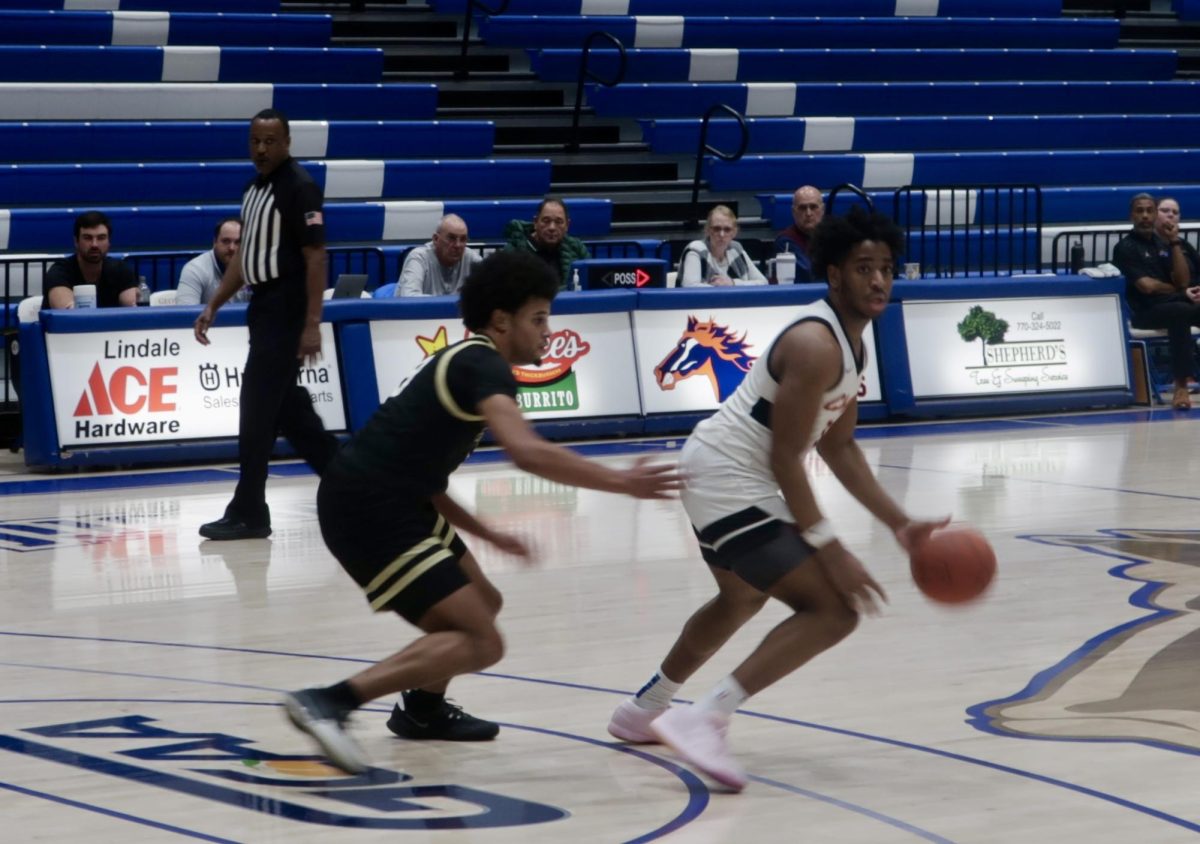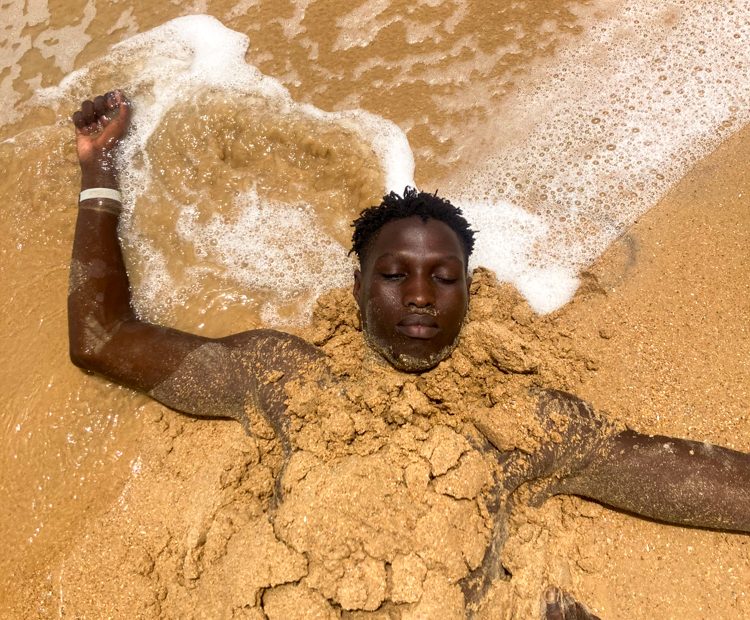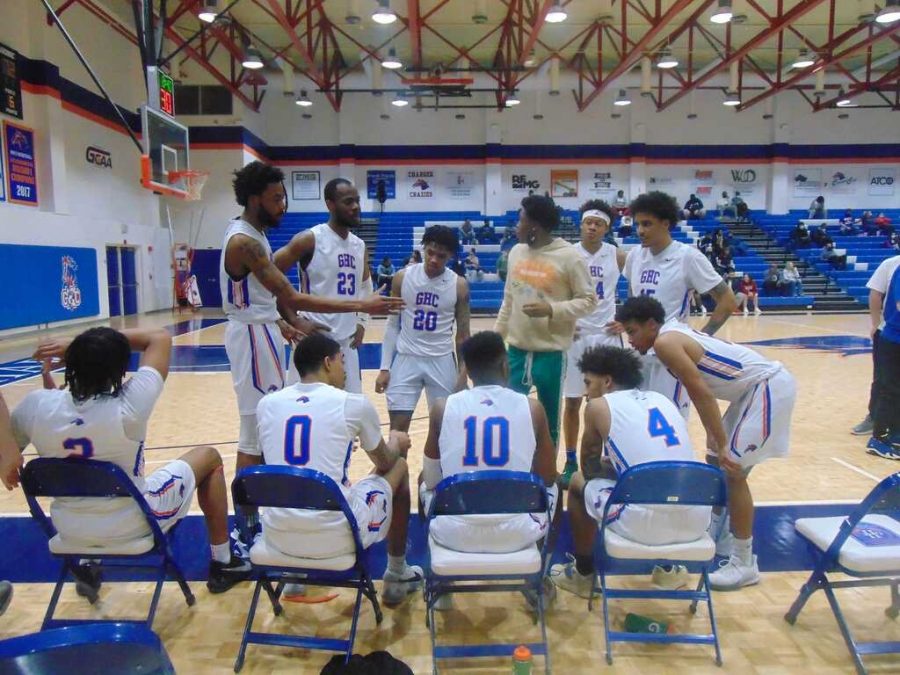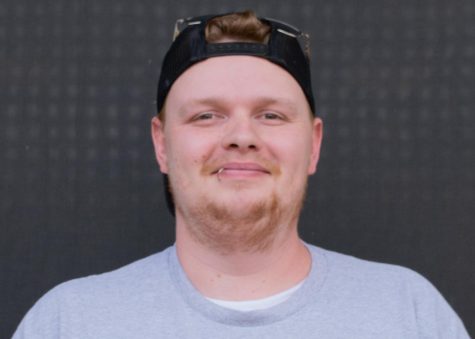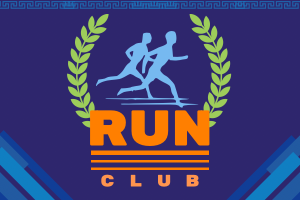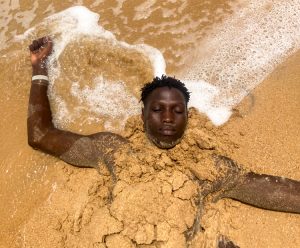Athletes shouldn’t just “shut up and dribble”
Sports commentary
“Athletics include several different people from different backgrounds coming together,” said Baseball Head Coach Dash O’Neil.
March 15, 2021
“Shut up and dribble,” is the phrase Fox News host, Laura Ingraham, used to describe a 2018 interview that featured NBA stars, Lebron James and Kevin Durant, talking about their views of then-President Donald Trump.
The comments shook me to my core, because I have always viewed these athletes as people first. I take pride in how these athletes personally feel and will encourage them to speak out on injustices they feel need to be talked about, as I would any other person.
Athletes voicing their freedom of speech became a hot button issue when then-San Francisco 49ers quarterback, Colin Kaepernick, knelt for the National Anthem. People were divided on whether athletes should be able to protest during sporting events or not. Many people tuned out of the NFL. This has encouraged multiple athletes to stand up for social justice, such as Women’s United States National Soccer Team player, Megan Rapinoe, who knelt for the anthem in a 2016 contest against Thailand. Some NBA teams as a whole have taken a stand, such as this moment before a matchup between the Utah Jazz and New Orleans Pelicans.
Kaepernick’s defiant stance wasn’t the first time in American history that athletes have used their platform to make a political statement. In the 1968 Olympics held in Mexico City, United States runners, Tommie Smith and John Carlos, placed first and third in the 200-meter race. When it was time to receive their medals, Smith and Carlos took the platform. As the National Anthem played, both stood with a fist in the air and their head looking down. This gesture was a salute within the Black Panther Party, a party that looked to empower black communities and end police brutality.
On another side of this debate, we must see that American athletes have the protection of freedom of speech, while in other countries they do not. Lady Chargers Basketball player, Sasha Shishkina, is from Russia and says there is a big difference in terms of the freedom of speech in America and in Russia.
“Here, if you disagree with something, you can either post it online or go to the street, and the government is okay with that. Yes, it gets violent but only when and because people start crossing the line,” said Shishkina, “Meanwhile, in Russia, it’s getting worse and worse. People do peaceful protests, but the police are acting terribly. They beat up people and take some of them to prison at least for 15 days.”
GHC’s Baseball Head Coach Dash O’Neil, said it is “very important [to let my players know about their freedom of speech]. It is the responsibility for anyone in leadership roles to encourage these players to be themselves and express themselves in the right way.”
Women’s Basketball Lady Chargers Head Coach Brandan Harrell said she has always lived by this motto, “
Simply see the good in people around you, respect different opinions, spend more time listening and less time talking. Change your world by eliminating the negative and surround yourself with positive. Do good for the people around you. Promote goodness and respect.”This is something that all of us can look in the mirror and say to ourselves to make America a more positive place for us and our fellow Americans.
Some people have said that expressing views will destroy a locker room and divide it, but O’Neil disagrees with this statement. He said, “I think athletics include several different people from different backgrounds coming together. If athletes disagree with each other, they should talk about each other’s views on things. We need more of what you have in a locker room in the real world so that we can come together for one goal.”
It would make sense that we need to view other people as our teammates and work together on one goal rather than trying to tear each other apart for having different views.
Both O’Neil and Harrell agree that the NJCAA puts athletes in a position where they can express themselves openly without having to worry about backlash from the organization.





























